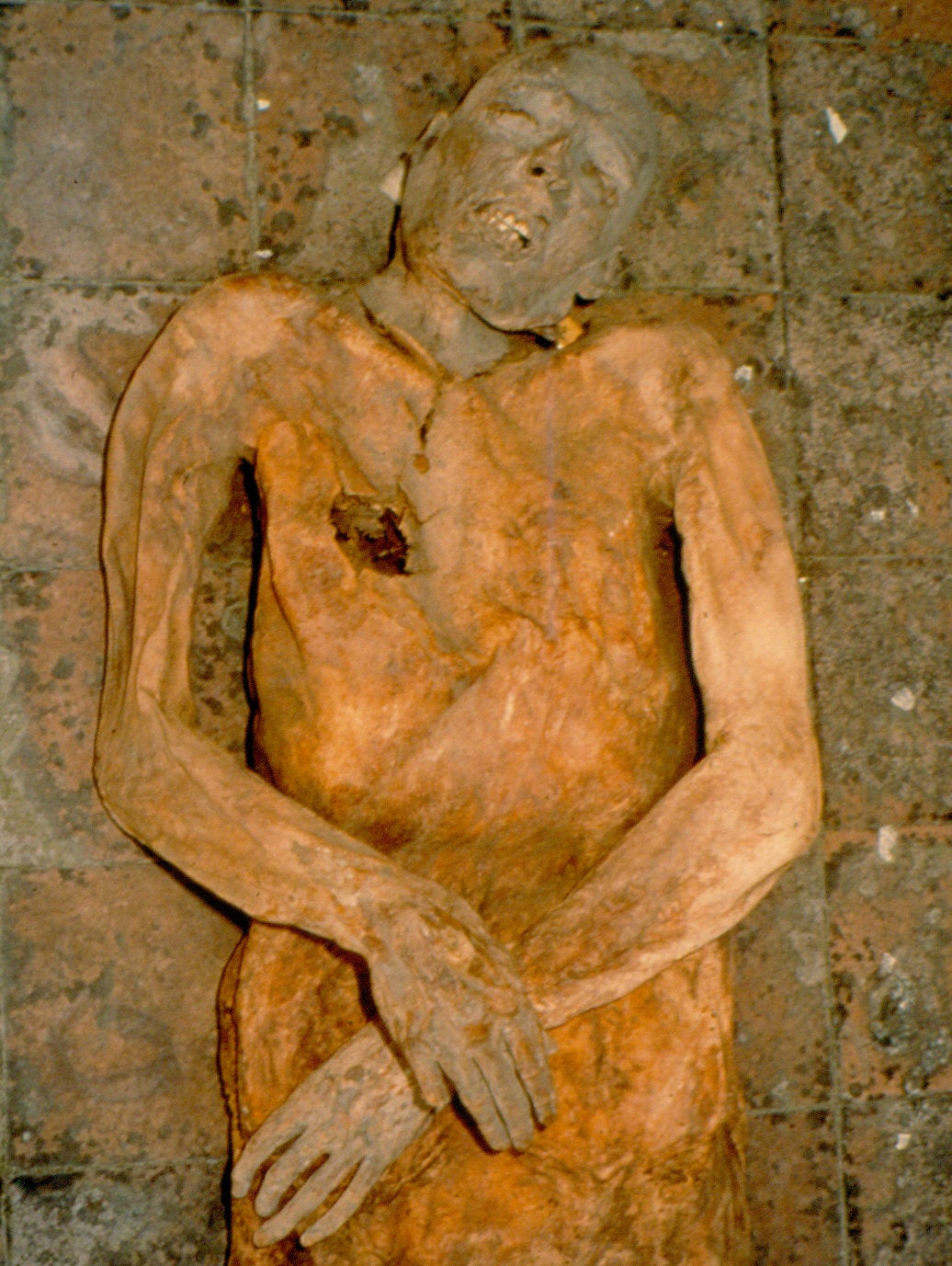Mummified remains of 16th century prince reveal how E. coli superbug has evolved over 400 years
Researchers were able to isolate fragments of the bacterium before reconstructing the ancient genome, Maryam Zakir-Hussain reports

A 400-year-old gallstone extracted from the mummified body of a 16th century prince has been used to reconstruct the first ancient genome of E. coli.
Researchers at McMaster University conducted a detailed analysis of Italian prince, Giovani d’Avaos, who died in 1586. He was thought to have died from chronic inflammation of the gallbladder due to gallstones.
Subscribe to Independent Premium to bookmark this article
Want to bookmark your favourite articles and stories to read or reference later? Start your Independent Premium subscription today.
Join our commenting forum
Join thought-provoking conversations, follow other Independent readers and see their replies